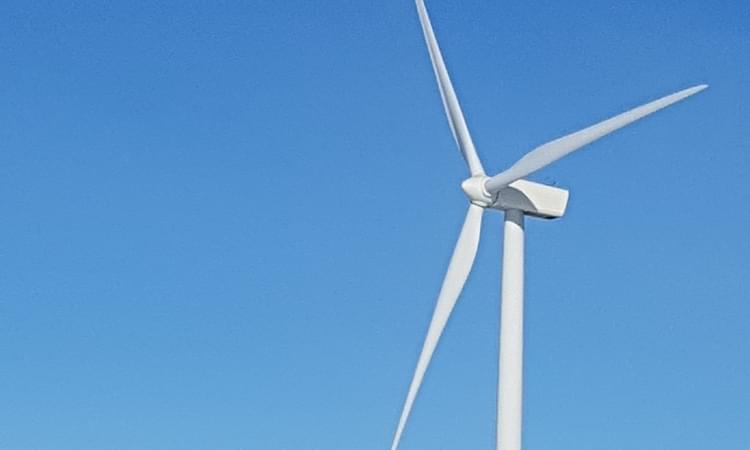Commentary: Burn less, leave more in the ground
It’s Father’s Day as I write this, and I can’t help but think about what the world will be like for our children in the coming decades. The environment in which we live is changing so rapidly now, yet political leaders fail to act, even when we have agreed to do so.
Doug Ford, the new Tory premier in Ontario, seems poised to repudiate his province’s signature on the agreement provincial premiers signed with the federal government to cut carbon pollution. This was to be our contribution to the Paris Agreement to prevent the world from warming by 2°C.
Blaine Higgs, New Brunswick’s Tory leader, has already signaled that he will make the agreement, which puts a price on pollution, an election issue.
Our climate is being thrown off-kilter by the build-up of waste in our atmosphere from burning too much gasoline, oil, coal and natural gas. The solution, obviously, is to burn less. To achieve this, governments can use regulations to cut carbon pollution, or they can make fossil fuels increasingly expensive to encourage industry and vehicle owners to use less.
Ironically, it was industry that argued long and hard in favour of pricing pollution as the way to fight climate change so they would avoid provincial and federal regulations designed to achieve that end.
In New Brunswick, our carbon pollution largely comes from refining and burning gasoline and diesel, as well as from burning coal to produce electricity.
The Tories offer no solution to burning less fossil fuel; in fact, they want to put more on the market by opening up fracking for shale gas. Their solution seems to be to put blind faith in some future world where some unknown technology will allow us to stop burning fossil fuels.
The Liberals seems to think we can have it both ways: cut carbon pollution here but expand production in the oil sands so there’s more to burn elsewhere. On this, the Liberals and Tories agree.
The kicker is that we are already burning more gasoline, oil, gas and coal than is safe to use now. Extracting and burning even more will lock in a future that we don’t want for our children and grandchildren. This means leaving much of the oil and gas we know about in the ground.
At the moment, 80 per cent of Canadians and businesses in our four largest provinces are now paying a price for whatever carbon pollution they create.
To burn less fossil fuel, we need to use it more efficiently and substitute clean renewable energy. Here in New Brunswick, David Alward’s Tories dismantled the province’s renewable energy programs while starving out Efficiency New Brunswick. The Gallant Liberals killed off Efficiency New Brunswick, while failing to bring any substantial amount of new renewable energy online to power our homes or vehicles.
To burn less fossil fuel, we need to get serious about energy efficiency and making the transition to new clean renewable energy sources. These are clear goals of the Green party. These are the goals of the increasing number of new small businesses being started by young New Brunswickers, but we need to have a government that will create policies that will support growth in these sectors.
The green energy transition offers a wide horizon of opportunity for New Brunswickers, but it will mean burning less gasoline, oil, gas and coal, as we become super-energy-efficient and use more solar, bio-gas and renewable electricity from the wind and sun.
This won’t come about through wishful thinking, but requires a strong caucus of Greens elected to the New Brunswick legislature.
David Coon is the MLA for Fredericton South and leader of the Green Party of New Brunswick.
